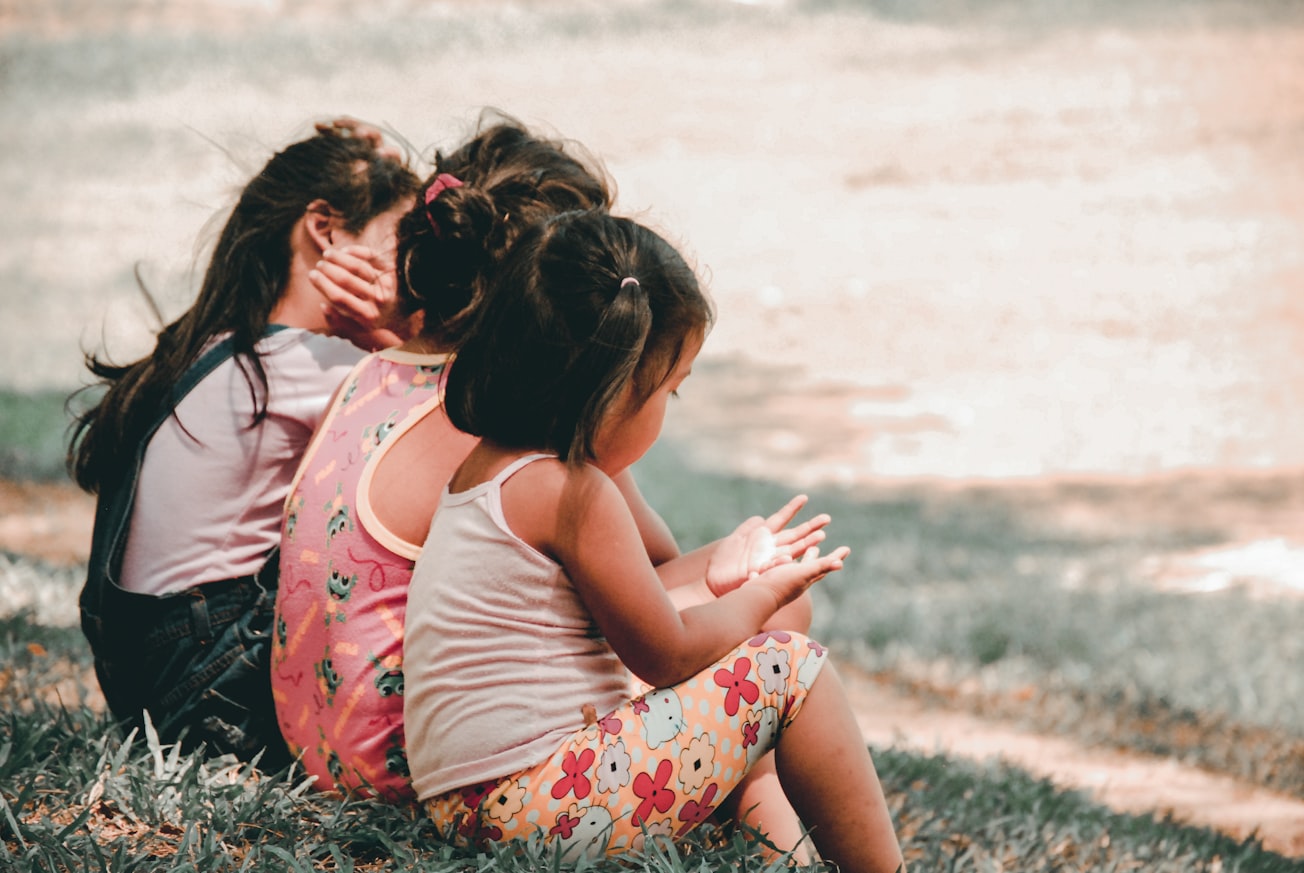What is it about?
This study looks at how empowering women can improve child health. We studied the link between women's empowerment and children's risk of getting diarrhea in Indonesia. We found that when mothers had better knowledge and positive attitudes, their children had lower odds of having diarrhea. Empowering women through knowledge and attitudes can help keep children healthier by reducing the chances of diarrhea.
Featured Image

Photo by Charlein Gracia on Unsplash
Why is it important?
Our study focuses on a timely and crucial topic – the health of children in their early years. By exploring the connection between women's empowerment and children's risk of diarrhea, we shed light on an important aspect of maternal and child health. This unique approach underscores the significance of women's role in improving child health outcomes. Our findings have the potential to influence policies and interventions that empower women, leading to better health for children. This relevance and potential impact make our work compelling and essential for those interested in promoting child health and women's empowerment.
Perspectives
As someone who values the well-being of both children and women, I find this publication particularly meaningful. It highlights the crucial link between women's empowerment and the health of young children, emphasizing that empowering women can have a direct positive impact on child health outcomes. It's inspiring to see research that not only identifies these connections but also provides actionable insights for policymakers and healthcare practitioners.
Mr Ferry Efendi
Universitas Airlangga
Read the Original
This page is a summary of: Association between women’s empowerment and diarrhea in children under two years in Indonesia, Children and Youth Services Review, June 2020, Elsevier,
DOI: 10.1016/j.childyouth.2020.105004.
You can read the full text:
Contributors
The following have contributed to this page







